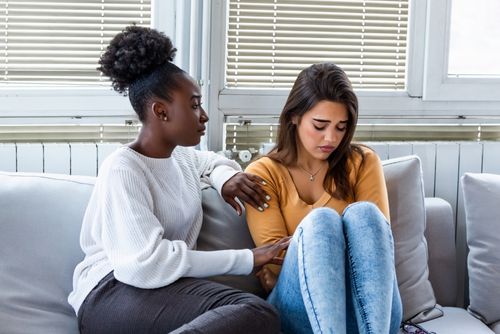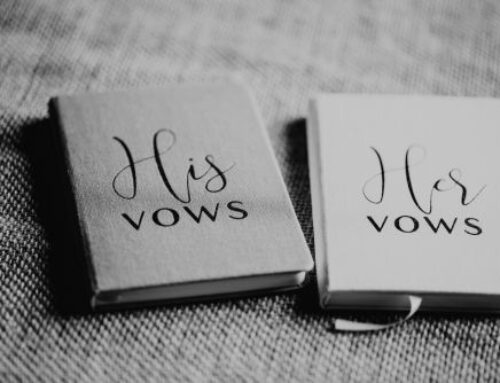Forgiveness is complicated. As imperfect people, we want forgiveness for our mistakes. But when other people wrong us, we often struggle to forgive them, especially when they don’t apologize. Keep reading to learn why you should forgive even when they don’t apologize and how forgiveness can benefit you.
What Is Forgiveness?
Before we get into why and how you should forgive someone and how that forgiveness can benefit you, we need to determine what forgiveness is. Forgiveness is not telling someone that what they did wasn’t wrong. It’s also not a strategy to repair a broken relationship or trust.
Forgiveness sits somewhere between denial and reconciliation. It’s an acknowledgment that something wrong happened but also that you’re no longer angry or resentful about that wrong. You don’t necessarily have a path forward to work past the other person’s wrongdoing, but you no longer have a negative emotion about that wrongdoing either. Even if the other person never apologizes for their wrongdoing, you can still decide to let go of your anger over it—that is forgiveness.
Why Should You Forgive?
Many people find it difficult to forgive another person when they never acknowledge and apologize for their wrongdoing. However, that shouldn’t prevent us from forgiving them anyways. We can still decide to let go of our anger toward that person and their transgression. That doesn’t mean we forget what happened or that we enter an unhealthy relationship with the person. Instead, it just means that we no longer hold onto that anger.
We should let go of this anger because it helps us feel at peace. Forgiveness is one of the main teachings of Jesus that can improve our lives, and many other religions promote forgiveness too. Most religions and spiritual practices help us feel at peace within ourselves and the world. Forgiveness helps us achieve that peace.
How Can You Forgive?
It’s easy to say that we should just “let go” of anger over a wrong. In many cases, that anger is our desire for justice and our way of communicating that we want fair treatment. However, as you reflect on that hurt, try to empathize with the person who hurt you and understand where they’re coming from. Your hurt and anger toward them could also hold you back from your personal goals. Looking at the bigger picture will give your hurt room to shrink, allowing you to let go and feel free and at peace.
There are many reasons why you should forgive someone even when they don’t apologize. The biggest reasons are so that you can move forward, find inner peace, and feel free. What someone else did to you should never hold you back from living a happy, fulfilled life; forgiveness can help you experience that.





Leave A Comment